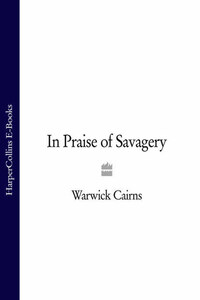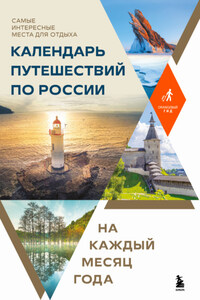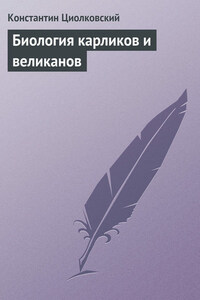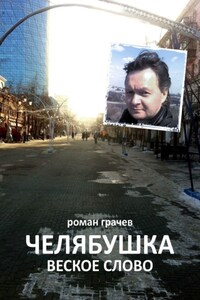This was a man, you’ll understand, who had killed—who had personally killed, as it were—so many people, over the years, that he’d lost count. Or rather, a man who’d killed so many people that he’d not even bothered to keep count in the first place. Not that he’d have been able to keep count, as it happens, even if he’d wanted to, what with the darkness, and the adrenaline-rush, and the pandemonium and the screaming, and the roar of the engines and all, and who could blame him for not keeping, for not being able to keep, an accurate tally?
Not me, I’m sure.
‘What we did, you see,’ he said, ‘what we did was to park the Jeep. Park it behind a sand-dune or under some trees or bushes or scrub, if we found some, and then we’d cover it up with branches. Camouflage it, you understand. And then we’d wait.’
He eyed up my glass.
I’d not drunk anything yet.
‘Cheers,’ I said.
There was a sword hanging on the wall.
It was a golden sword, a great curved thing, sheathed in heavy gold, all carved and tooled and etched about, and encrusted with rubies and sapphires, and it hung from an elaborately wrought chain beside the fireplace. It was a bit of a monster, if the truth be told; like something that you’d see the pot-bellied genie carrying in an over-the-top am-dram production of Ali Baba, tucked into the sash holding up his pantaloons. And it is, I suppose, possible—just possible—that it was simply that: a theatrical prop, all gilt and paste, something that he’d picked up from a fancy-dress-hire shop on a whim, perhaps, as an amusing quelque-chose. Somehow I doubt it, though. He really wasn’t the type.
I took a big sip from the glass.
‘Delicious,’ I said.
And, indeed, it would have been delicious, if I’d actually liked sherry in any shape or form. It would have been more than delicious, even, if I’d liked thick, dark ‘cooking sherry’ of the kind that your grandmother, perhaps, used to serve up to your parents at Christmas. But I didn’t, as it happens, and don’t, and never have.
It’s not just sherry, either, but alcohol generally.
I don’t know what it is about it, or about me, but I’ve never been able to get on with any of it. I just don’t like the taste of it, I suppose. Sweet drinks I can sort of take, in small doses, liqueurs and the like, and advocaat; but even then I find myself wishing I’d had a glass of Coke or something, after a few sips.
‘I’ve never been a great lover of Jeeps,’ he continued, ‘or any motor-car for that matter. The internal combustion engine has driven all of the silence out of the world.’
A clock ticked on the mantelpiece.
‘It has brought nothing but noise and misery and dissatisfaction,’ he said. ‘I couldn’t drive when I joined the Unit—did you know that? Couldn’t drive at all. Didn’t know where to put the key to start the engine. Didn’t even know which way to turn a spanner to unscrew a wheel-nut. That amused the others no end. Now, with an animal—with a horse, say, or with a camel—well, you know where you are with them; and at least when they go wrong you can always eat them, if all else fails. But motorcars, no—they’ve never been my thing. But in the desert, when we found a camp we’d park our car, and hide it, and we’d wait until it got dark. And then we’d watch the lights in the tents until they went out, and we’d give them time to get off to sleep properly. Then, when it was all quiet, we’d jump into the car—me in the back with the machine-gun, driver up front, and we’d drive right through the middle of their camp and I’d blast away at the tents on both sides, and we’d be off before they knew what hit them.’














